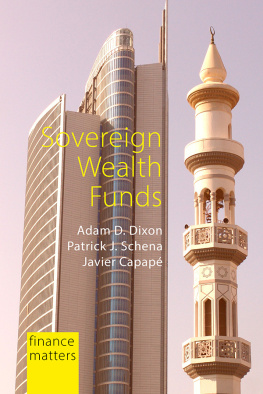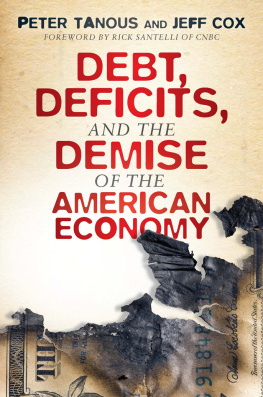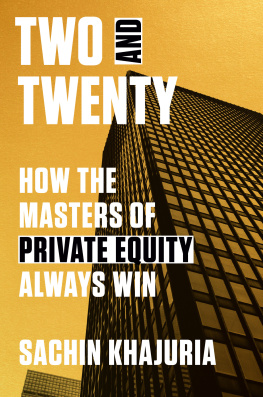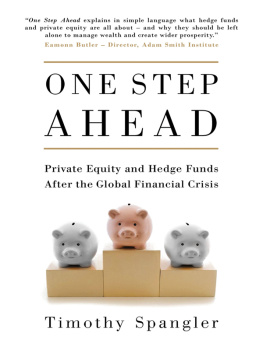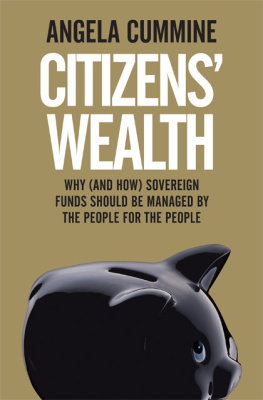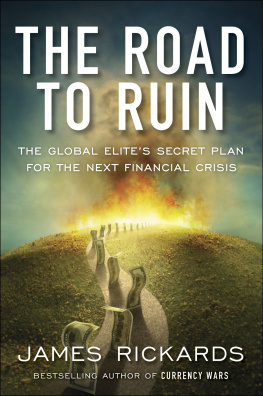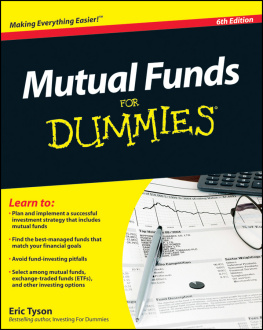SCRIBNER
A Division of Simon & Schuster, Inc.
1230 Avenue of the Americas
New York, NY 10020
www. SimonandSchuter.com
Copyright 2010 by Eric J. Weiner
All rights reserved, including the right to reproduce this book or portions thereof
in any form whatsoever. For information, address Scribner Subsidiary Rights Department,
1230 Avenue of the Americas, New York, NY 10020.
First Scribner hardcover edition September 2010
SCRIBNER and design are registered trademarks of The Gale Group, Inc.,
used under license by Simon & Schuster, Inc., the publisher of this work.
For information about special discounts for bulk purchases,
please contact Simon & Schuster Special Sales at 1-866-506-1949
or business@simonandschuster.com.
The Simon & Schuster Speakers Bureau can bring authors to your live event.
For more information or to book an event, contact the Simon & Schuster Speakers Bureau
at 1-866-248-3049 or visit our website at www.simonspeakers.com.
DESIGNED BY ERICH HOBBING
Manufactured in the United States of America
1 3 5 7 9 10 8 6 4 2
Library of Congress Control Number: 2010029336
ISBN 978-1-4391-0915-1
ISBN 978-1-4391-2131-3 (ebook)
For Paige
Who always believed
Contents
THE
SHADOW
MARKET
Between the idea
And the reality
Between the motion
And the act
Falls the Shadow
T. S. Eliot, The Hollow Men
PROLOGUE
The Future Happened Yesterday
Do you ever get the feeling that somethings going on in the global economy that we dont fully understand? That while Americans have been focused on fixing our wounded economy and worrying about our lost jobs and battered bank accounts, the world around us was changing in important but nearly imperceptible ways? Youd be right. It did. Enormous economic changes are taking place around the globe, many of them hidden in plain sight, others just plain hiddenkept from the press, the government, and, most of all, the everyday investor. Ever since 2008, when the global financial system melted down, the economic world as we know it has been flipped on its head. Countries and corporations that once dominated the planet have been decimated. Meanwhile, other powers have risen in their place and asserted themselves globally. And although the American economy appears to be recovering somewhat, and a handful of us are beginning to feel more confident about the future, the truth is that we wont be returning to normal any time soon.
The structural changes in the global economy have created both dangers and opportunities. If we ignore them, we may suffer mightilyas citizens, as workers, and as investors. Our children may suffer even more. The march of economic history, let it be recalled, is indifferent to your plight or mine. It doesnt care whether the United States becomes, in a few decades, a weakened, second-tier economy riddled with debt and unemployment, and beholden to other countries and a new global currency that is not the U.S. dollar. That could happen, too. However, if we take the trouble to understand the changes now occurring, we might be able to make them work to our advantage. We might be able to get out in front of future economic waves. A few of us may even get wealthier as a result.
In stark terms, here is what has happened: While our economy tanked, nations like China and the small oil-rich states of the Persian Gulf, which still had plenty of wealth on hand, suddenly discovered that they were really rich compared to the rest of the world. So they started using their cash to seize geopolitical power. Wealth and influence crept to the East. Meanwhile, America literally didnt have the money to save itself and the rest of the world from the financial contagion it started. Our banks and investment institutions flat-out didnt have the capital to rescue the financial system themselves. By late 2008, the Bush administration was desperately trying to stave off an economic panic. That fall, you may remember, as the stock market reeled and Americas largest banks stared at insolvency, the U.S. Treasury Department sent envoys to China, Singapore, Abu Dhabi, Kuwait, and Saudi Arabia looking for investments of hundreds of billions of dollars. But Bushs envoys were completely rebuffed. The problem was that each of these countries already had been burned by the earlier failures of major U.S. investment banks like Lehman Brothers and Bear Stearns; they had little appetite for taking on more American risk. So America plunged into financial chaos as the government was forced to launch massive bailouts and stimulus programs that will saddle us with financial obligations for decades to come.
Today we are presented with tangible proof that the era of American economic hegemony is over. Our fiscal policies and patterns of consumption over the past few decades have left us with untenable amounts of debt and effectively killed off our financial empire. For decades, the bulk of the liquidity in the global capital markets was provided by multinational banks from the United States and other international financial centers, like the UK and Japan. But today the global need for investment capital far outstrips the cash that the worlds largest banks can provide. Instead much larger entities with deep reserves of wealth have emerged to keep the markets flush: a loosely configured, unregulated global shadow market that supplies the money that the world needs to grow. With remarkable stealth, this network has largely supplanted the United States as the pacesetter for the global economy. To America, this loss of authority has been a radical comedown. To the rest of the planet, however, the development of the shadow market means that a new global economic force is at playone that well all have to contend with for decades to come.
The last two hundred years of world history have been a major historical aberration, says Kishore Mahbubani, dean of the Lee Kuan Yew School of Public Policy in Singapore and one of the worlds leading authorities on the new wave of globalization. This is a key point that people in the West have a hard time wrapping their minds around. From the year 1 to the year 1820, China and India consistently had the two largest economies in the world. When you think about it, its quite amazing that a small continent like Europe was able to conquer and colonize the world. In many ways this global domination by the West continued for a surprisingly long time. But I think its finally coming to a natural end. So the challenge for the West is, will it accept its loss of power in the global system or will it resist the transfer of power?
WHAT IS THE SHADOW MARKET?
The shadow market isnt a physical entity. It has no headquarters, bourse, or formal leadership. It isnt even a single zone of exchange in the way that we typically define a financial market. Rather, its the invisible and ever-shifting global nexus where money mixes with geopolitical power. In specific terms, the shadow market is a collection of unaffiliated, extremely wealthy nations and investors that effectively run the international economy through their prodigious holdings of stocks, bonds, real estate, currencies, and other financial instruments, which they keep in largely unregulated investment vehicles such as hedge funds, private equity funds, and government-run sovereign wealth funds, as well as in vast government-owned holding companies. A 2009 McKinsey Global Institute study concluded that, as of late 2008, more than $12 trillion in assets was controlled by such petrodollar states as Saudi Arabia, Kuwait, and Abu Dhabi; the wealthy Asian nations of China, Japan, and South Korea; and hedge funds and private equity funds. Whats more, McKinsey predicted that the assets of nations in Asia and the oil-rich Persian Gulf are poised to grow by more than 50 percent within five years.
Next page

